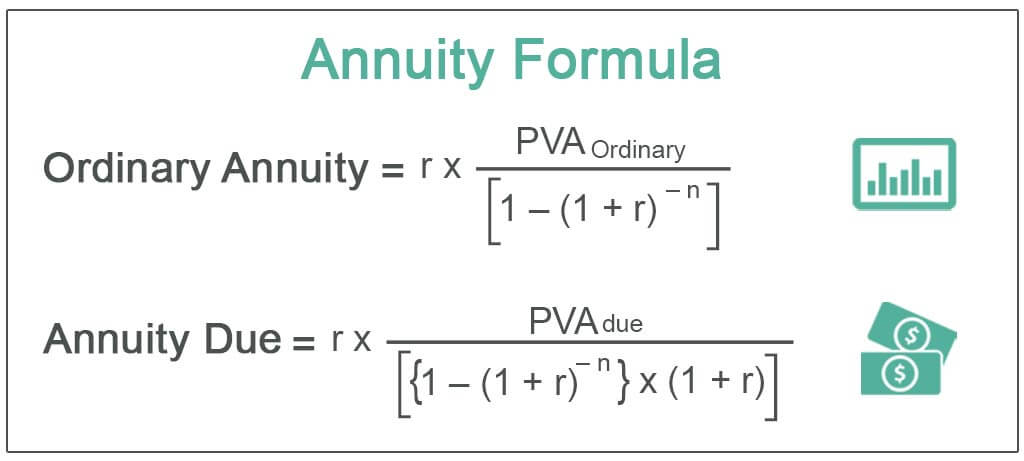When it comes to retirement planning, annuities are often touted as a reliable source of income. However, one crucial question frequently arises: “Do annuities return your principal investment?” The answer, unfortunately, is not a straightforward yes or no. Instead, it depends on the type of annuity you choose and the specific provisions within your contract. In this comprehensive guide, we’ll demystify the annuity principal dilemma, empowering you to make informed decisions about your retirement finances.
Understanding Annuity Payouts
Before delving into the principal return question, it’s essential to understand the different types of annuity payouts available:
1. Straight Lifetime Payout
With a straight lifetime payout, also known as a life annuity or lifetime annuity, you receive guaranteed income for the remainder of your life. However, there is a catch – once you pass away, the payments stop, and your beneficiaries or heirs do not receive any remaining principal or funds from the annuity.
This type of payout provides the largest regular income stream during your lifetime, but it comes at the cost of forfeiting any remaining principal upon your death.
2. Period Certain Payout
A period certain payout guarantees payments for a predetermined period, regardless of whether you are alive or not. For example, you can choose to receive payments for 10, 15, or 20 years. If you pass away before the specified period ends, your beneficiaries will continue to receive the remaining payments until the term concludes.
With this option, you (or your beneficiaries) are guaranteed to receive the full value of your principal investment, even if you don’t live through the entire payout period.
3. Life Annuity with Period Certain
This hybrid option combines the best of both worlds – guaranteed income for life and the assurance of recovering your principal investment. You receive payments for the rest of your life, but if you pass away before a predetermined period (e.g., 10 or 20 years), your beneficiaries will continue to receive payments until the end of that period.
Once the period certain ends, the payments stop, even if you are still alive.
4. Joint and Survivor Annuity
Designed for married couples, a joint and survivor annuity guarantees income for both spouses’ lifetimes. When the primary annuitant (usually the spouse who purchased the annuity) passes away, the surviving spouse continues to receive payments until their death.
The monthly payments for joint and survivor annuities are typically smaller than straight life annuities, as the payout period is potentially longer.
Recovering Your Principal Investment
Now that we’ve covered the different payout options, let’s revisit the central question: “Do annuities return your principal?”
-
Straight Lifetime Payout: In the case of a straight, lifetime payout, there is no refund of your principal investment. Payments simply continue until the annuitant’s death, regardless of how much has been paid out.
-
Period Certain Payout: With a period certain payout, you (or your beneficiaries) are guaranteed to receive the full value of your principal investment, even if you don’t live through the entire payout period.
-
Life Annuity with Period Certain: If you opt for a life annuity with a period certain, you are guaranteed to receive at least the value of your principal investment. If you outlive the period certain, you’ll continue receiving payments for life, but if you pass away before the period ends, your beneficiaries will receive the remaining payments until the period concludes.
-
Joint and Survivor Annuity: In the case of a joint and survivor annuity, there is no explicit guarantee of recovering your principal investment. The payments continue until the death of the last surviving spouse, regardless of how much has been paid out.
It’s important to note that while some annuity options ensure the return of your principal investment, others do not. The trade-off lies in the size of the regular payments – options that guarantee the return of principal generally offer smaller periodic payments compared to those that do not.
Making an Informed Decision
Choosing the right annuity payout option is a personal decision that depends on your unique circumstances, retirement goals, and risk tolerance. Here are some factors to consider:
-
Longevity Risk: If you’re concerned about outliving your retirement savings, a lifetime payout option (straight or joint and survivor) may provide peace of mind by ensuring a steady income stream for life.
-
Legacy Planning: If leaving an inheritance for your beneficiaries is a priority, a period certain payout or a life annuity with a period certain may be more suitable, as it guarantees the return of your principal investment.
-
Spousal Protection: For married couples, a joint and survivor annuity can provide financial security for the surviving spouse, ensuring continued income after the primary annuitant’s death.
-
Liquidity Needs: Remember, annuities are generally illiquid investments, and withdrawing funds early may result in surrender charges or penalties. Consider your potential liquidity needs before committing a significant portion of your retirement savings to an annuity.
Ultimately, the decision to purchase an annuity, and the specific type of annuity to choose, should be made in consultation with a qualified financial advisor. They can help you evaluate your unique circumstances, weigh the pros and cons of each option, and ensure that your retirement income strategy aligns with your overall financial goals.
While annuities can provide valuable retirement income and potential principal protection, it’s crucial to understand the nuances of these complex financial products. By carefully considering the annuity principal dilemma and making an informed decision, you can achieve greater peace of mind and financial security in your golden years.
Annuities: Do You Get Principal Back?
FAQ
Do you ever get your principal back from an annuity?
What happens to your principal when you buy an annuity?
Do annuity payments reduce the principal?
Do you get your money back at the end of an annuity?

